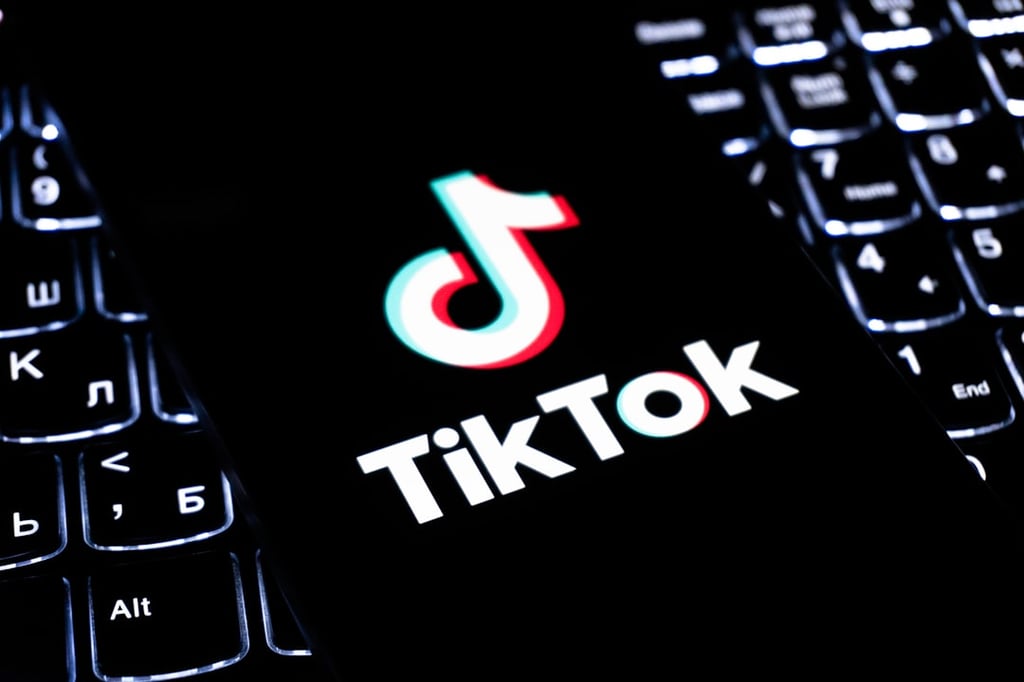Datamation content and product recommendations are
editorially independent. We may make money when you click on links
to our partners.
Learn More
The winner of the Datamation Product of the Year award in the wireless software category will come as a surprise to very few who work in enterprise tech: Research in Motion’s BlackBerry Enterprise Server.
The product first hit the market in 1999 as a desktop redirector, where it routed encrypted e-mails from the desktop to mobile devices. Customer requests drove innovation, and soon the company introduced a product that worked with laptops and a robust server version.
According to Alan T. Panezic, a vice president at RIM, consumer requests have always played a major role in the server’s development. Once customers had e-mail pushed to them, they also wanted data pushed from other apps, like calendars and to-do lists.
In version 3.5, RIM added the Mobile Data System, a component that lets the server access Internet and intranet data, as well as enterprise applications. That significantly increased the kinds of data the server could send, as well as the range of products that would work with it.
The MDS interfaces using open standards, including XML data and HTTP transport, meaning that it can easily work with any device that has a Web interface. Plus, it handles encryption and security automatically, no matter the source. Along with the MDS, RIM offered a few sample applications to give people an idea how to use it, including an emergency contact list and a Java database application.
Today, the BlackBerry Enterprise Server is in its fourth version, and counts over 10,000 enterprises as customers, with over 90,000 servers installed globally. Each server can support up to 2,000 users.
The enterprise server is a software solution that runs on Windows NT Servers. A complete installation takes about two hours, and it works with devices using any US carrier. You don’t need a BlackBerry to access it, since mobile server software is available for most smart phones.
“Any time our users recognize our efforts, its very gratifying to us,” says Panezic. “As an organization we’re very customer-centric. We won’t rest on our laurels, so there are many more opportunities.”
Customers like the server because it delivers push data over a range of applications. Managers like how easy it is to administer. An admin can create team policies that define exactly how various internal groups can use their mobile devices. The admin might choose to block SMS, for example, or phone service itself.
“The BlackBerry Enterprise Server is a great tool to allow us to control our users experience and ensure security of the device,” says Brian Lunde, IT director at LifeSource, a non-profit dedicated to organ and tissue donation. “Easy access to our internal business sites with the handheld browser has enabled us to streamline our communication paths.”
The enterprise server starts at $4,999, which includes support for 20 users. Adding additional users costs $100 each, although RIM offers volume discounts.
-
Ethics and Artificial Intelligence: Driving Greater Equality
FEATURE | By James Maguire,
December 16, 2020
-
AI vs. Machine Learning vs. Deep Learning
FEATURE | By Cynthia Harvey,
December 11, 2020
-
Huawei’s AI Update: Things Are Moving Faster Than We Think
FEATURE | By Rob Enderle,
December 04, 2020
-
Keeping Machine Learning Algorithms Honest in the ‘Ethics-First’ Era
ARTIFICIAL INTELLIGENCE | By Guest Author,
November 18, 2020
-
Key Trends in Chatbots and RPA
FEATURE | By Guest Author,
November 10, 2020
-
Top 10 AIOps Companies
FEATURE | By Samuel Greengard,
November 05, 2020
-
What is Text Analysis?
ARTIFICIAL INTELLIGENCE | By Guest Author,
November 02, 2020
-
How Intel’s Work With Autonomous Cars Could Redefine General Purpose AI
ARTIFICIAL INTELLIGENCE | By Rob Enderle,
October 29, 2020
-
Dell Technologies World: Weaving Together Human And Machine Interaction For AI And Robotics
ARTIFICIAL INTELLIGENCE | By Rob Enderle,
October 23, 2020
-
The Super Moderator, or How IBM Project Debater Could Save Social Media
FEATURE | By Rob Enderle,
October 16, 2020
-
Top 10 Chatbot Platforms
FEATURE | By Cynthia Harvey,
October 07, 2020
-
Finding a Career Path in AI
ARTIFICIAL INTELLIGENCE | By Guest Author,
October 05, 2020
-
CIOs Discuss the Promise of AI and Data Science
FEATURE | By Guest Author,
September 25, 2020
-
Microsoft Is Building An AI Product That Could Predict The Future
FEATURE | By Rob Enderle,
September 25, 2020
-
Top 10 Machine Learning Companies 2021
FEATURE | By Cynthia Harvey,
September 22, 2020
-
NVIDIA and ARM: Massively Changing The AI Landscape
ARTIFICIAL INTELLIGENCE | By Rob Enderle,
September 18, 2020
-
Continuous Intelligence: Expert Discussion [Video and Podcast]
ARTIFICIAL INTELLIGENCE | By James Maguire,
September 14, 2020
-
Artificial Intelligence: Governance and Ethics [Video]
ARTIFICIAL INTELLIGENCE | By James Maguire,
September 13, 2020
-
IBM Watson At The US Open: Showcasing The Power Of A Mature Enterprise-Class AI
FEATURE | By Rob Enderle,
September 11, 2020
-
Artificial Intelligence: Perception vs. Reality
FEATURE | By James Maguire,
September 09, 2020
SEE ALL
ARTICLES







